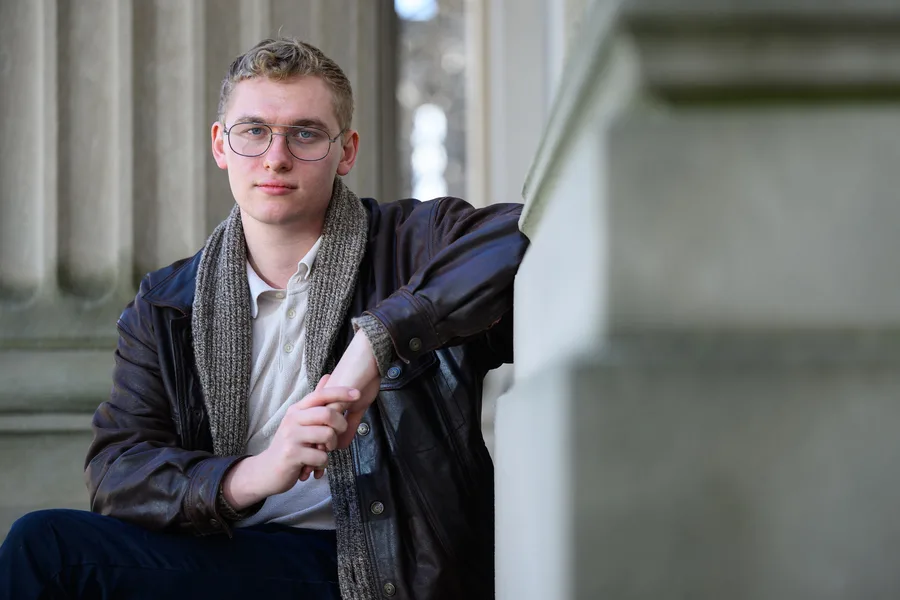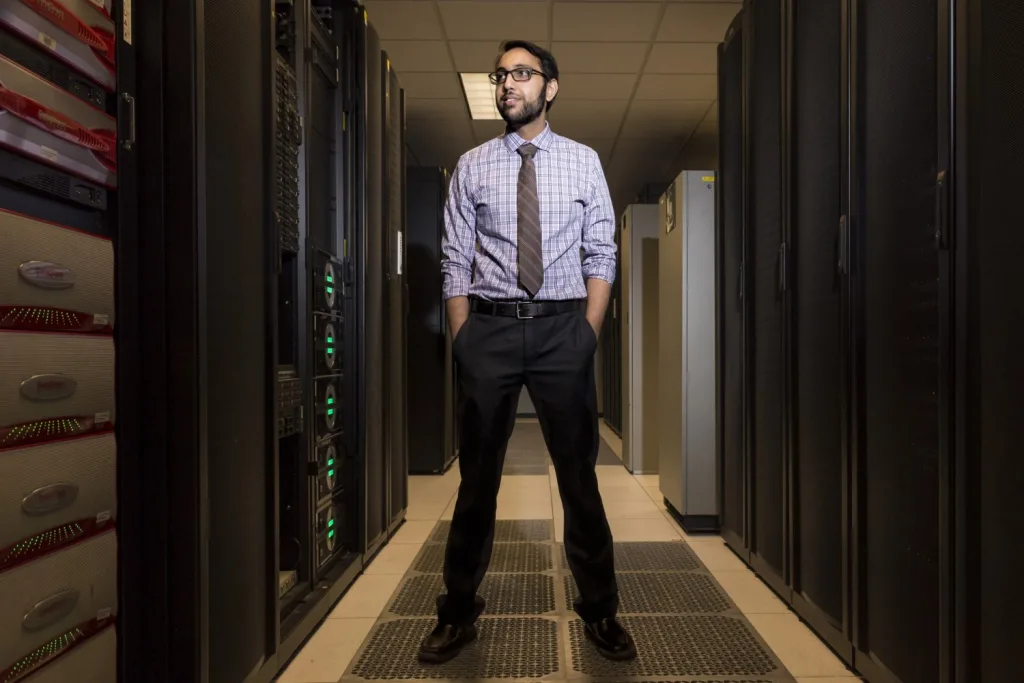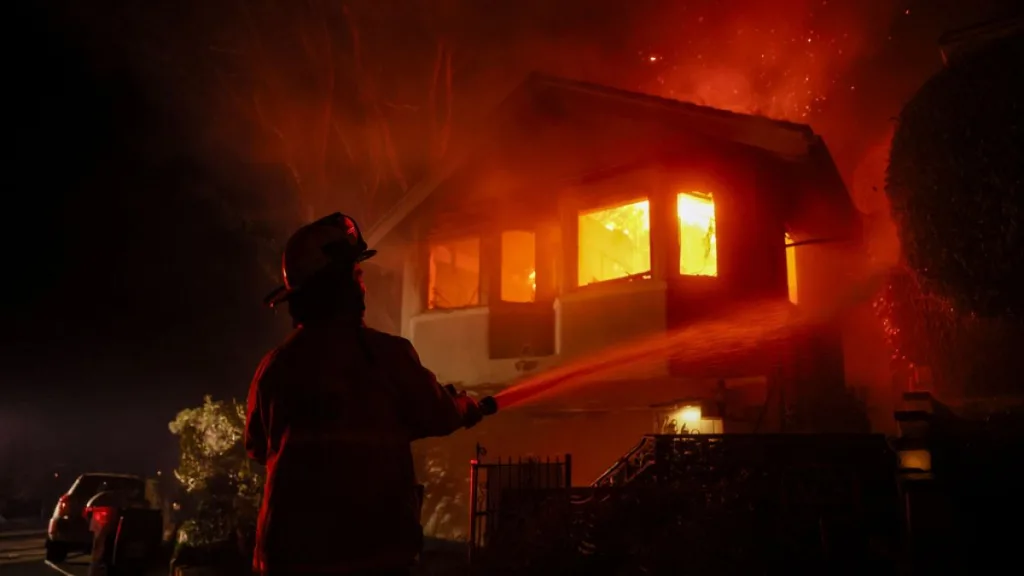Meet Liam Hines ’22, a proud Floridian who embraced the Sunshine State despite moving to Sarasota only in high school. With a collection of colorful floral shirts he dubs “Florida formal,” he embodies the vibrant spirit of the state. However, his love for Florida faced a stern test when toxic red algae decimated coastal ecosystems and destroyed marine life, including at his cherished beach, Caspersen. This troubling phenomenon made headlines during his high school years and posed a significant threat to Florida’s tourism-reliant economy.
In a state where the effects of climate change hit close to home, Hines found himself deeply concerned. Witnessing beautiful white sandy beaches littered with dead fish fueled his desire to pursue a career that would contribute positively to the environment. He viewed nuclear energy as a viable alternative, considering it a low-carbon, green energy source with a straightforward path to implementation.
Undergraduate Studies at MIT
With a determined passion for science, Hines applied to the Massachusetts Institute of Technology (MIT) and enrolled in fall 2018. An engaging orientation program by the Department of Nuclear Science and Engineering (NSE) solidified his decision to enter the field. “The close-knit community within the department really appealed to me,” Hines explains.
While pursuing his degree, Hines needed a source of income to cover his bills. Instead of taking on routine jobs at the dormitory or dining halls, he opted to become a licensed nuclear reactor operator at the MIT Nuclear Reactor Laboratory. “The hands-on experience with real nuclear systems was invaluable, and it comes with better pay,” he adds. Earning this license was no small feat; it required a rigorous year-long training program focusing on maintenance, operations, and equipment management. This role not only provided practical experience but also helped him master the fundamentals of nuclear physics and engineering.
Intrigued by research, Hines dove into exploring the regulatory challenges surrounding advanced fusion systems early in his academic career. His work involved evaluating licensing requirements and the safety implications of onsite radionuclide inventories, comparing historical precedents for fusion facilities with experimental setups like the Tokamak Fusion Test Reactor at Princeton Plasma Physics Laboratory.
Doctoral Research on Legal and Regulatory Frameworks
Hines’ doctoral research combines safety assessments of nuclear fission systems with an exploration of the necessary legal and regulatory responses to advancing technologies. Guided by Professor Koroush Shirvan, he conducts systems modeling of various reactor cores, focusing on the long-term operation implications of storage and training for radionuclide transport from low-level waste facilities. His work balances ensuring safety and cost-efficiency while assessing the unique hazards of emerging technologies.
Additionally, under the mentorship of Professor Haruko Wainwright, Hines applies modern discoveries in radionuclide geochemistry to map waste profiles and their associated hazards. Current low-level waste regulations often fail to address new technologies and waste types effectively, a gap Hines is actively working to close.
A Philosophy-Driven Perspective
Hines is thankful for the stimulating learning environment at NSE. “Many faculty members exhibit a proactive spirit,” he notes, impressed by the entrepreneurial ethos that thrives on campus. This atmosphere motivated him to engage deeply with the issues that matter most to him.
His undergraduate philosophy course opened his eyes to discussions relevant to the nuclear sector, especially regarding the technology’s implications, from siting decisions to intended beneficiaries. Consequently, Hines double-majored in Nuclear Science and Engineering and Philosophy.
The analytical skills developed through the study of philosophy are particularly useful in his current research, as he navigates complex nuclear regulatory issues. He observes, “In philosophy, we often tackle long-standing debates, similarly, in nuclear engineering, understanding historical and technical discourse is essential.” This method becomes crucial as regulatory discussions can delve deeply into technical details yet hold significant public interest and implications.
Despite the ongoing concerns about red tide, Hines remains optimistic and returns to Florida whenever possible. Since starting as a nuclear operator during his undergraduate years, he has advanced to the role of senior reactor operator, responsible for signing off on operational checklists. Reflecting on his earlier job as a shift lead at Dunkin’ Donuts, he quips, “It’s much the same as before—everyone’s working hard, but now I get to lead the team through the afternoon shifts.”
Photo credit & article inspired by: Massachusetts Institute of Technology



